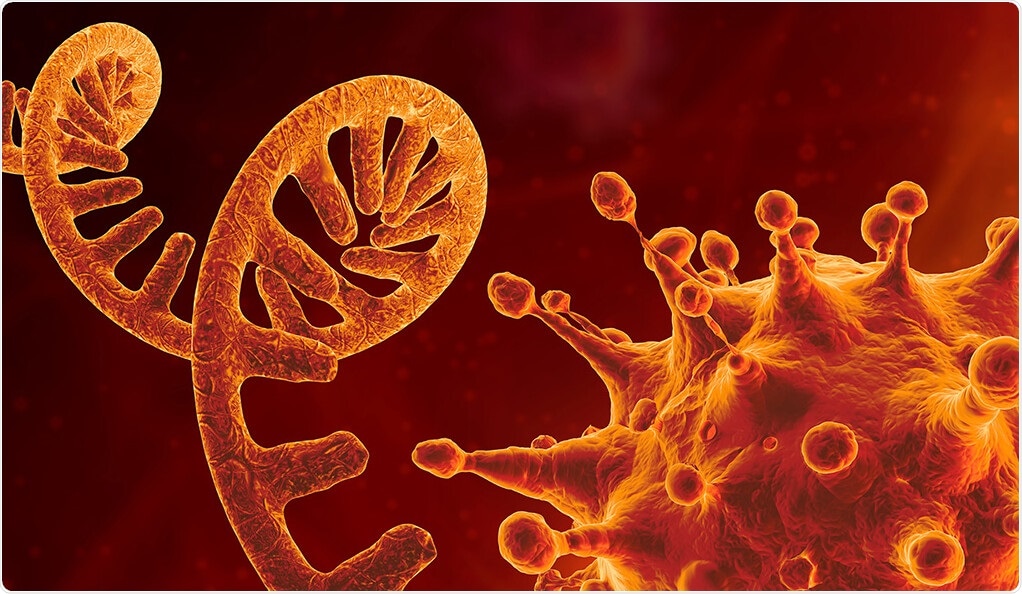Scientists from Yale University and the Broad Institute of MIT and Harvard have screened an unlimited number of cells exposed to the MERS and COVID-19 viruses and detected dozens of genes that not only allow these viruses to replicate in cells but also enable those that appear to close the door on the virus.

Image Credit: © stock.adobe.com.
According to the researchers, the anti-viral and pro-viral role of these genes will allow scientists to develop novel treatments to fight against COVID-19.
The latest discoveries were reported in the Cell journal on October 26th, 2020.
Earlier, investigators have detected how the SARS-CoV-2 coronavirus, which is responsible for causing COVID-19, binds to and invades cells, but not much is known about why certain cells are more vulnerable to infection.
Interpreting the genetics behind the host cells’ sensitivity to infection may help describe why some individuals exposed to the SARS-CoV-2 virus experience few or no symptoms, while others become very ill or die.
In the latest study, the team conducted a genome-wide screen of green monkey cell lines, which may probably die after exposure to the SARS-CoV-2 virus than the oft-used human cell lines.
For the first time, the screens enabled the team to concurrently track the interactions of cells and the virus. They confirmed the previous discoveries that the ACE-2 gene—which encodes a receptor found on the surface of a cell—supports the infection caused by SARS-CoV-2.
But the screens also detected two new pro-viral protein complexes and also a third one, which appears to help prevent the SARS-CoV-2 infection. They discovered that the SWI/SNF complex, which turns the genes on and off, as well as HMGB1, which has a range of functions such as regulation of inflammation, were associated\ with increased cell death following infection.
The team subsequently introduced small molecule drugs that block the function of two of the detected gene products and observed that they could boost the cells’ survival following infection in a dish.
On the other hand, the histone H3 complex, which helps control the expression of genes inside the cell nucleus, appeared to offer a protective effect, blocking the potential of SARS-CoV-2 to infect and destroy cells.
It is very important to understand the wide variation of responses to COVID-19, for instance why advanced age makes it much more likely that people will die. We have identified both proviral and antiviral genes that may help us predict who is likely to get severely ill and what kind of drugs would be helpful or detrimental in treating patients.”
Craig Wilen, Study Corresponding Author, Yale University
Wilen is also an assistant professor in laboratory medicine and immunobiology.
Wilen pointed out that the data may prove useful in the ongoing pandemic, and may also help prepare for outbreaks of upcoming emerging coronaviruses.
Source:
Journal reference:
Wei, J., et al. (2020) Genome-wide CRISPR screens reveal host factors critical for SARS-CoV-2 infection. Cell. doi.org/10.1016/j.cell.2020.10.028.